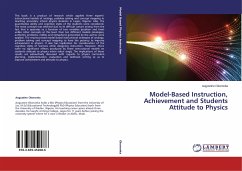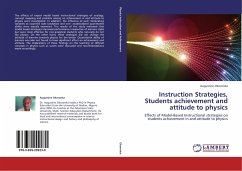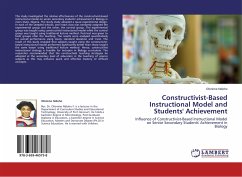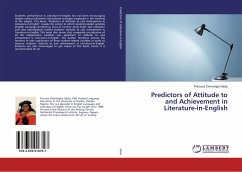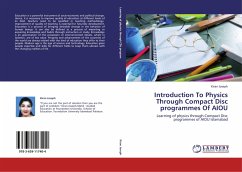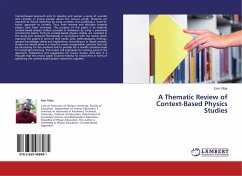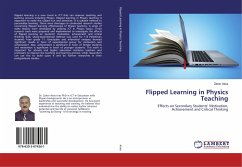This book is a product of research which applied three experts' instructional models of analogy, problem solving and concept mapping in teaching secondary school physics students in Lagos, Nigeria. Also, the quantitative ability and cognitive styles of the students were considered. The wave concept was selected due to its difficult nature arising from the fact that it operates as a function of two variables (position and time) unlike other concepts at this level. Over ten different models (analogies, authentic problems, riddles and metaphors) generated by the author were applied. The results proved model based instructional strategies of analogy, problem solving and concept mapping to have the potency to improve achievement in physics. It also has implication for consideration of the cognitive styles of learners while designing instruction. However, there were no significant effects produced by these instructional models on students' attitude to physics when taken singly. The implications of these results are exhaustively discussed with regards to physics curriculum planning, implementation, evaluation and textbook writing so as to improve achievement and attitude to physics.
Bitte wählen Sie Ihr Anliegen aus.
Rechnungen
Retourenschein anfordern
Bestellstatus
Storno

